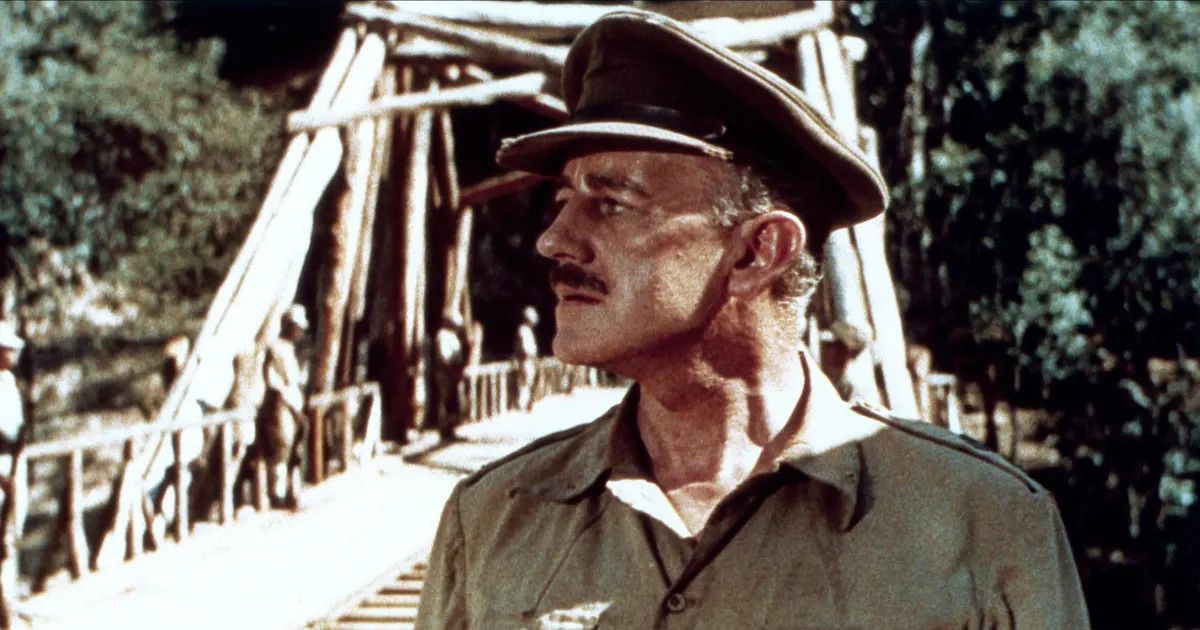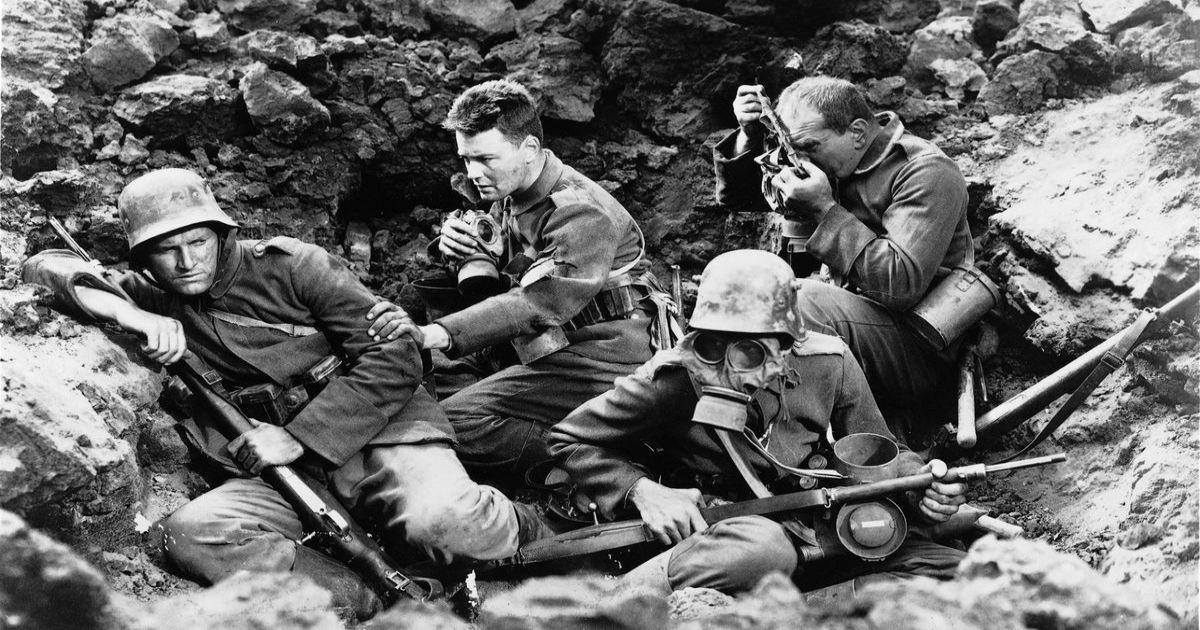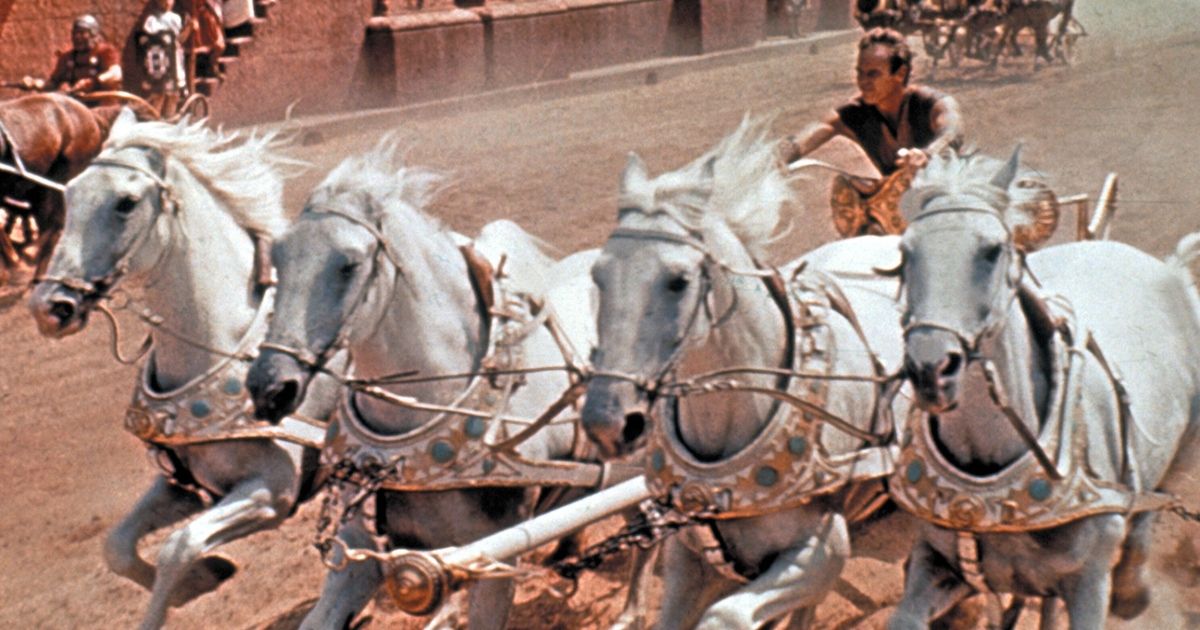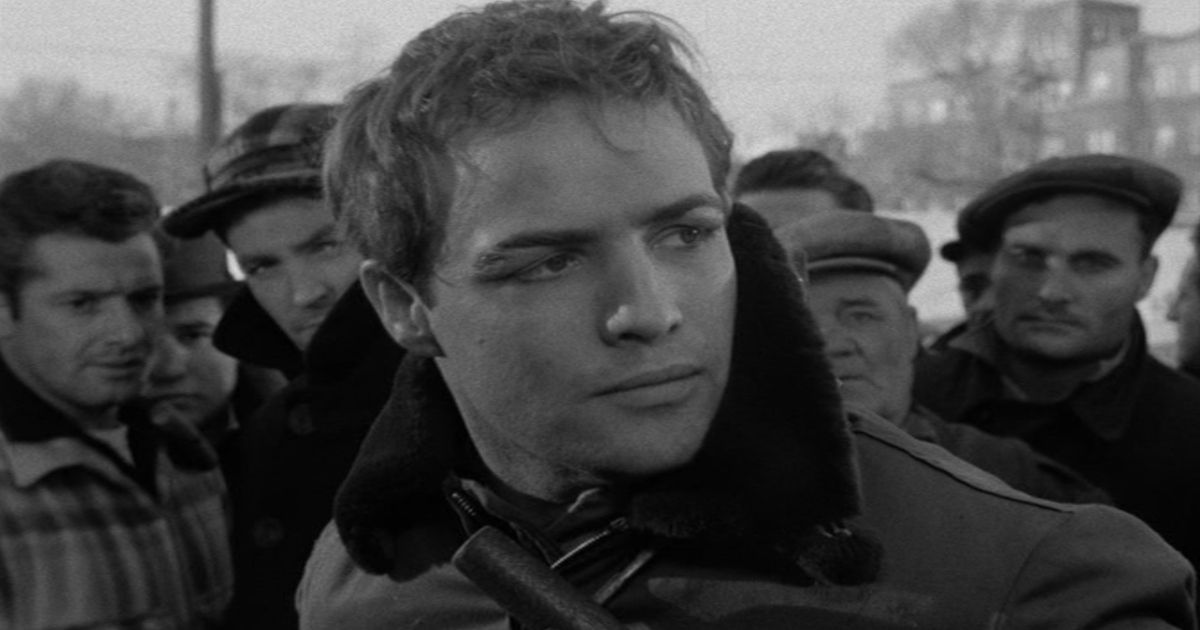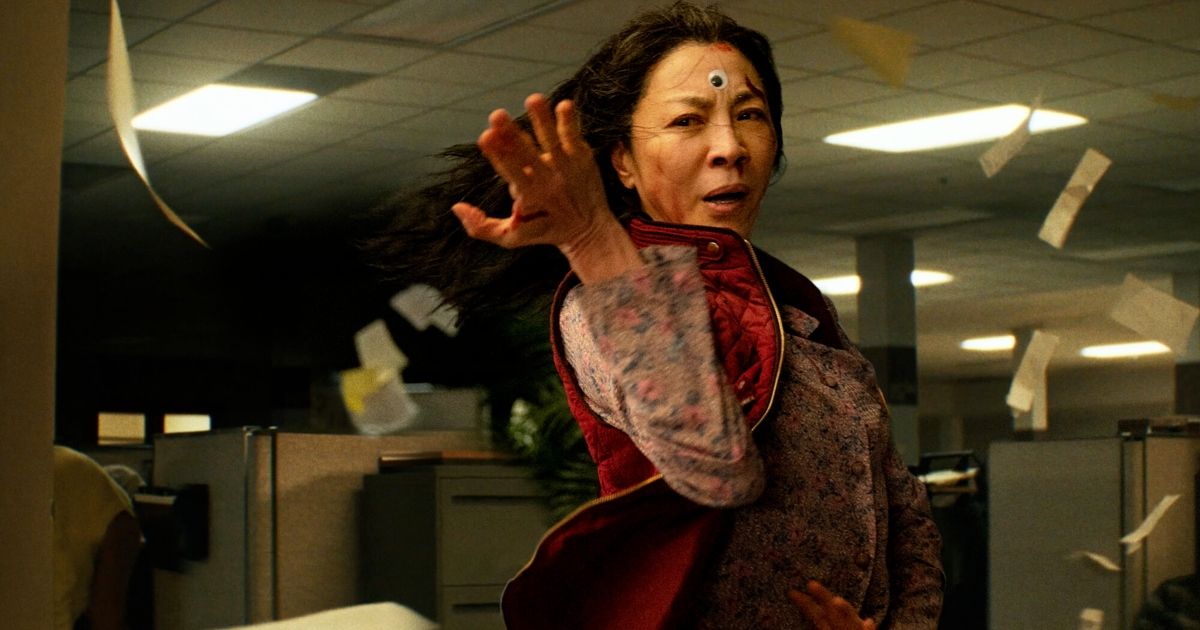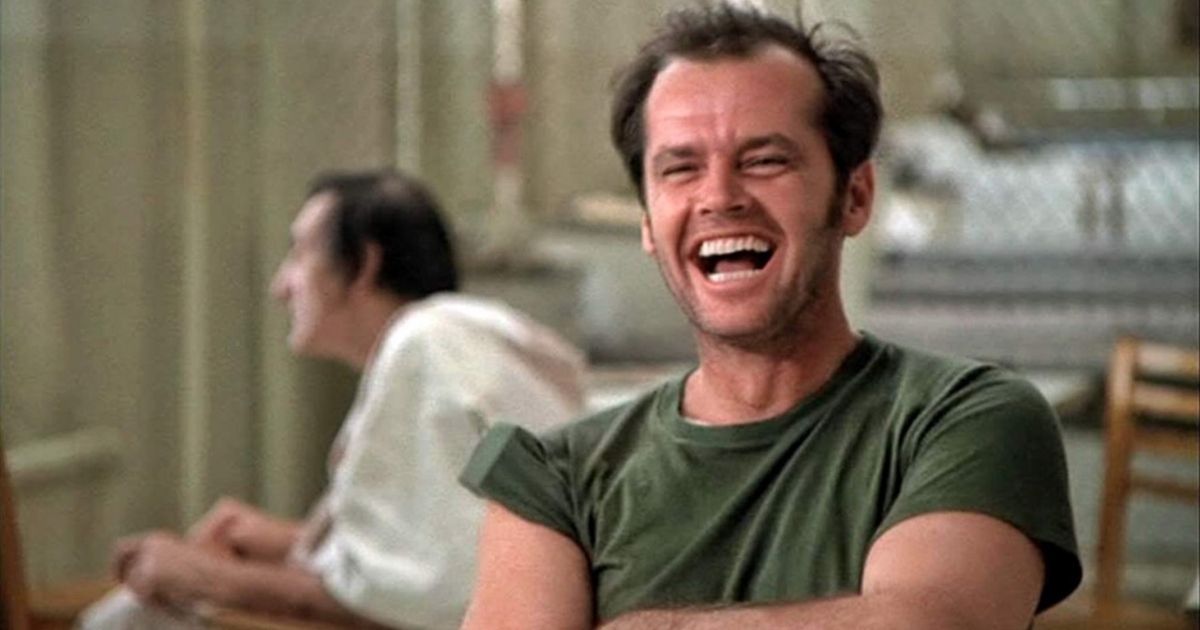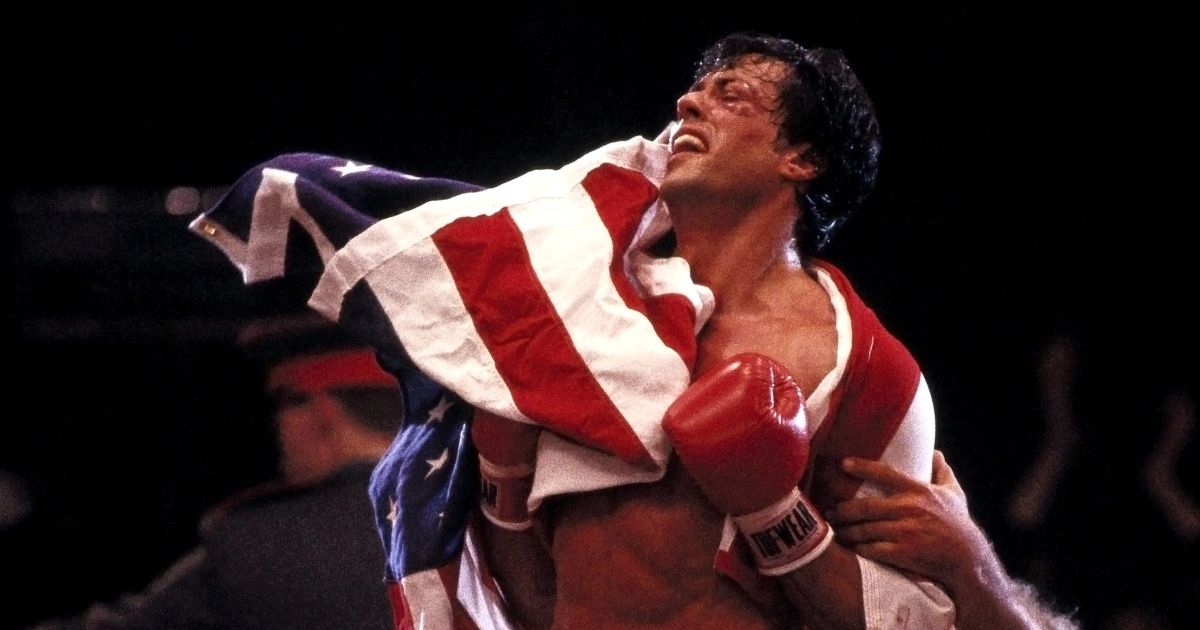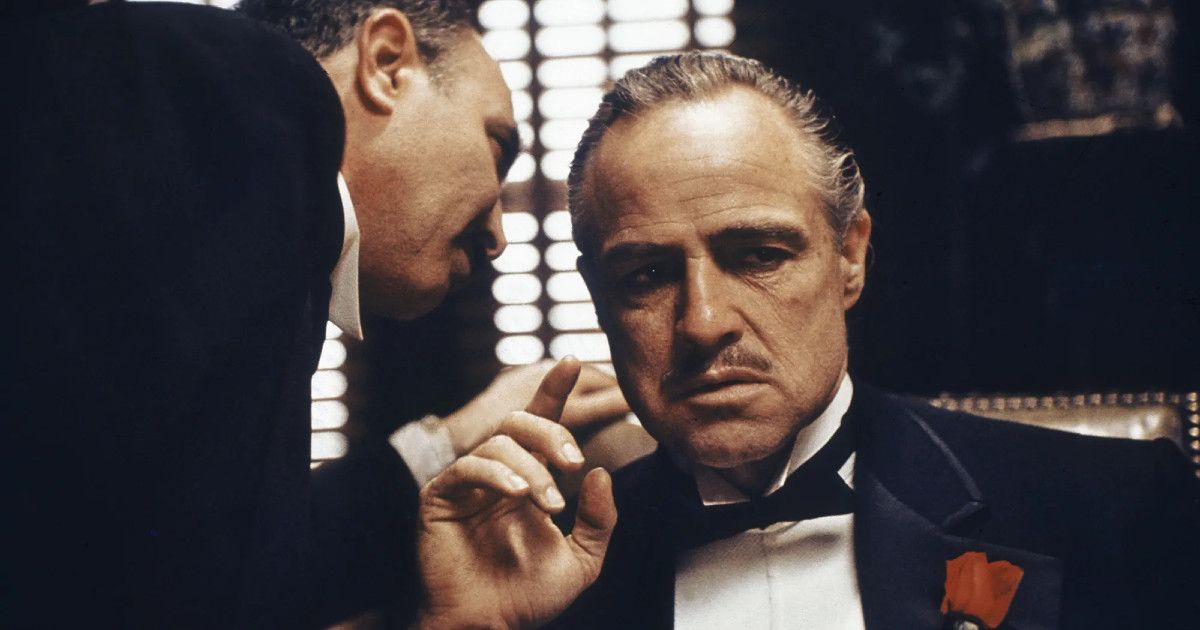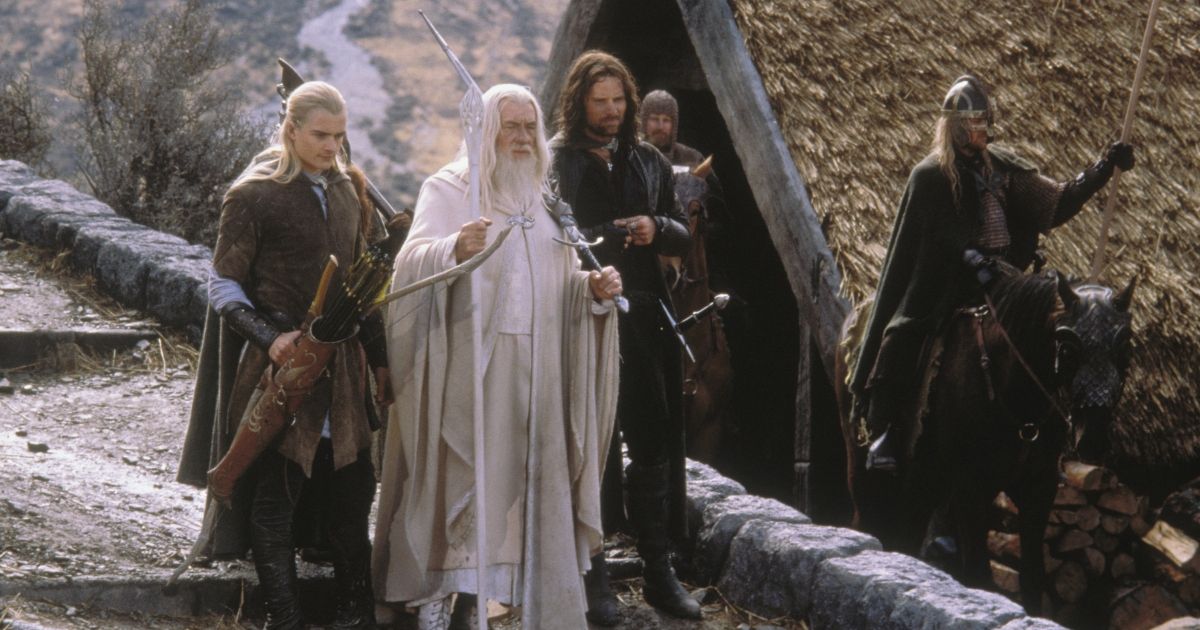The first Oscars celebration was held in the Hollywood Roosevelt Hotel on May 16th, 1929, and has stood for the pursuit of excellence in the film industry for nearly one hundred years. Despite a history of political and social upheaval and through eras of uncertainty and new challenges to the art of cinema through the decades, the Oscars remain the most iconic, respected, and coveted celebration of film in the world. The greatest award on the greatest night of Hollywood fame goes to the film that captures the Best Picture award, instantly engraved in the pantheon of great films for generations to come.
Updated August 28, 2023: This list has been updated by Gaurav Krishnan to include even more great films that won Best Picture at the Academy Awards.
The Academy is often spot on in recognizing the greatest films made each calendar year in the Best Picture category. But some winners have been rather surprising. Of course, you can't always get it right. But this list aims to shed light on the best of the Best Picture category-winning films. While there have been many great films to win the Best Picture award, not all great films are created equal, so we created a list of the all-time Best Picture winners, ranked.
25 The Hurt Locker (Winner 2010)
Director Kathryn Bigelow became the first woman to win Best Director for her quintessential off-beat war depiction in The Hurt Locker. While most war films blur into similar storylines, portraying the battles on the fronts and all the action that those depictions entail, Bigelow and writer Mark Boal picked a modern war tactical niche and over-delivered. The story follows Sergeant First Class William James, played by Jeremy Renner, who is part of the US Army’s Explosive Ordnance Disposal unit during the Iraq war.
Renner drives the film as its protagonist as he uses his intuition and maverick techniques to disarm the explosives by hand. With some brilliant cinematography of the bomb diffusal scenes, a pulsating score and an interesting enough plot, the film is one of Hollywood’s finest modern tactical action films ever made which quite rightly won Best Picture in 2010.
24 Gladiator (Winner 2001)
Directed by Ridley Scott and released in 2000, Gladiator was an epic period film detailing the last dying breath of the Roman Republic as it became an empire, following Roman General Maximus Meridius as he seeks revenge against the newly installed emperor, Commodus, for killing his family. A film of great spectacle and scale, the true breadth of the Roman coliseum is captured on film and invokes memories of some of the greatest epic set pieces of Hollywood lore.
At this particular point in Roman history, philosopher-emperor Marcus Aurelius has grown weak and old, and seeks to restore the republic of Rome to the people, drawing modern-day parallels with the political threats facing American democracy today. Scott's mastery of atmosphere, perfected in the horror and sci-fi filmography of his past, lends an incredible sense of texture to the film as a whole, although it remains one of the few Best Picture-winning films without complimentary awards for Best Director. The long-awaited sequel is currently in development.
23 Unforgiven (Winner 1993)
The legendary career of spaghetti Western icon Clint Eastwood spans decades and encompasses a wide array of classic films, genres, and career-defining performances, but of all the films in his extensive catalog, Unforgiven stands as the greatest of them all. The film, directed by Eastwood himself, is a unique offering, especially considering that by the early '90s, the Western film genre was largely considered dead, and Eastwood, too, considered an aging relic of a bygone era in Hollywood.
The film utilizes Eastwood perfectly, capturing his aging mystique and using it to tell the story of a retired and reluctant killer brought back to the trappings of the Wild West one last go-round. As the only Western on this list, Unforgiven stands as not only a great genre film but as one of the greatest Best Picture winners of the Oscar era.
22 Titanic (Winner 1998)
It's not every day that a film with tremendous box office success sees that success rewarded during Oscar award season, but Titanic managed to be both a commercial juggernaut and a darling of film critics everywhere. Remaining one of the top money-making films of all time to this day, Titanic is the first film from director James Cameron to cross the billion-dollar box office mark, taking his grand total to three and making him the only director with that many billion-dollar box office returns to his name.
It also served as the film that catapulted stars like Leonardo DiCaprio into household name levels of super-fame while telling an unforgettable story of true love that went down with the ship.
21 The Departed (Winner 2007)
Martin Scorsese’s The Departed won four Oscars in 2007, including Best Picture. Depicting the intersecting paths of some interestingly conceived characters from the Boston underworld and law enforcement, the plot is constantly evolving and compulsively immerses audiences in the film’s storyline set against the backdrop of the mean and crooked streets of Boston. The film features an ensemble cast with the likes of Jack Nicholson, Leonardo DiCaprio, Matt Damon, and Mark Wahlberg, who play their roles to perfection.
The film plays out almost like a Molotov cocktail, igniting a stage of dancers dancing the waltz as the heartbeat of the plot twists and turns. It’s intriguingly captivating enough to draw audiences in and keep them guessing as the suspense surrounding the truth about the characters continues until the very end of the movie.
20 West Side Story (Winner 1962)
During a time in Hollywood when musicals were all the rage and known for their unbridled sense of hope and home-grown fantasy, West Side Story burst onto the scene, defying expectations and challenging societal norms long since established in the decades prior. Taking home 10 Oscar awards in one night, West Side Story became one of the most decorated films in Hollywood history.
Directed by Robert Wise, the film follows the blossoming love affair between members of two rival gangs in New York City and serves as a modern-day, urban musical retelling of Shakespeare's Romeo & Juliet. A number of iconic musical numbers and performances decorate the frame, while the conflict between the Jets and the Sharks, the two rival gangs split along racial lines, gives the film a more violent and socially conscious edge than most musical numbers of the era.
19 All About Eve (Winner 1951)
Directed by Joseph L. Mankiewicz, All About Eve follows the story of an aging Broadway theater star, played by a fitfully aging Bette Davis, as she takes Eve, an up-and-coming theater hopeful under her wing, only to learn that she has eyes on her career and her fiancé. Contrary to the spirit of the time, All About Eve renders a more mature narrative for this era of Hollywood filmography, navigating subject matter often considered taboo. The '50s were an era of heightened sensitivity and censorship, with filmmakers having to find ways to tell stories without upsetting governmental initiatives like McCarthyism, which stifled creativity and created a decade of filmmaking often regarded as inauthentic, propagandist, and based more on fantasy than the realities of America at that time.
18 Silence of the Lambs (Winner 1992)
Powerhouse performances from Anthony Hopkins and Jodie Foster propelled Silence of the Lambs into Best Picture territory, and it remains a jolting film that unsettles many viewers while giving us unforgettable movie moments, unforgettable lines, and characters like Buffalo Bill and Dr. Hannibal Lecter. Helmed by Jonathan Demme, a prolific film and television director, Silence of the Lambs remains his most iconic and decorated film.
Actress Jodie Foster, having already been nominated for an Academy Award for her role in Taxi Driver, was a venerated child star turned bona fide Hollywood legend after this film, catapulting her into the upper echelons of Hollywood royalty when she took home the Oscar for Best Actress. Not since the era of Hitchcock had thriller films been respected on this level by the Academy, often seen as too commercial to warrant any artistic merit worth celebrating, but Silence of the Lambs defied this trend, perhaps standing as the only pure thriller film to ever take home the Best Picture award.
17 Annie Hall (Winner 1978)
A uniquely original take on a romance film, Annie Hall, directed by Woody Allen, takes an unconventional approach in both the structure of the narrative and the visual style of the film itself, rendering the love story between Alvy and Annie in notes of melancholy. Diverging from tropes of the genre, Annie Hall doesn't concern audiences with a happy-ever-after ending, instead focusing on a more realistic understanding of relationships that challenged Hollywood normalcy, especially as it related to romantic comedies.
The film plays with narrative structure, deciding against a linear plot, and in that respect, operates in more of an experimental capacity, defying convention. While Allen remains a prolific writer and director despite the controversy that often surrounds his name, Annie Hall remains the most identifiable film in his catalog.
16 Midnight Cowboy (Winner 1970)
One year after the abolition of the Hays Code, Midnight Cowboy challenged new vanguards of censorship in Hollywood, becoming the first and only X-rated film to win Best Picture. The film forced the newly formed MPAA, an institution created to replace the censorship role that the Hays Code previously occupied, to expand R-rated films to include more mature content. The film inhabits a unique time in Hollywood, as filmmakers became more comfortable experimenting with the medium, challenging the status quo, and even using film for political ends, exploring everything from deteriorating race relations in America to a more critical perspective on global conflicts, and America's role in them. Directed by John Schlesinger, Midnight Cowboy explored themes of homosexuality that were unheard of at that time, defying perceived cultural norms and creating a space for controversial films in the future.
15 The Bridge on the River Kwai (Winner 1958)
A war picture directed by legendary filmmaker David Lean, The Bridge on the River Kwai follows the story of British Army prisoners of war who are forced to build a bridge for the conquests of their Japanese captors. Illustrating the brilliant style and epic sense of scale that Lean would come to be iconically linked with in Lawrence of Arabia, The Bridge on the River Kwai projects an inspiring story of the human spirit, albeit one slightly mired by the propagandist ideals of British colonialism. Still, as a product of its time, The Bridge on the River Kwai became a theatrical and critical success, winning seven Oscars across multiple disciplines, including Best Screenplay, and granting Sir Alec Guinness his first and only Oscar win for Best Actor.
14 All Quiet on the Western Front (Winner 1930)
A gruesome and horrifying take on warfare, All Quiet on the Western Front was incredibly graphic for its time and followed the story of young German boys who enlist to fight in World War I. Directed by Lewis Milestone, this film has inspired multiple remakes, with a made-for-TV film released in 1979 and most recently, in the 2022 Netflix feature film bearing the same name.
Milestone would have a long career as a Hollywood director, with films like Mutiny on the Bounty carrying him well into the '60s, and was a prolific filmmaker, directing multiple pictures per year under the studio system of the time. The Hays Code wasn't strictly enforced until 1934, and allowed the more graphic nature of All Quiet on the Western Front to shock audiences of the day, contrasting the sanitized idealism of war with the cold, hard, horrifying truth.
13 Ben-Hur (Winner 1960)
Ben-Hur charged into the Academy Awards, nearly sweeping all categories and would become one of three films that director William Wyler would win Best Director for, second only to John Ford, who secured four of the golden statues throughout his career. With 77 directorial credits, Wyler remains one of the most decorated film directors of all and enjoyed a career that spanned nearly five decades. Ben-Hur was a spectacular film that employed a record number of extras in its famous chariot race scene, something that remains unmatched by modern cinema that is too often overly reliant on the use of mediocre CGI to create the kind of scale Ben-Hur became a legend for. A star vehicle for legendary actor Charlton Heston, Ben-Hur was the film that garnered him his first and only Oscar win for Best Actor.
12 Patton (Winner 1971)
Patton opens in iconic fashion with a widescreen shot of the American flag as General Patton marches onstage and performs the greatest monologue in Hollywood history. Released in 1970 and taking home the Oscar gold in the '71 Academy Awards of that year, Patton offered a unique viewpoint not often seen in war films, namely, the perspective of command staff instead of the infantry forces fighting in the trenches.
America's most legendary general of World War II fame was played, most famously, by actor George C. Scott, and Patton remains his most iconic role, although upon winning the award for Best Actor, Scott refused to accept it. Like many war films of the era, Patton took a more critical eye to the idealistic fantasy of warfare, which often attempted to glorify and fetishize the horrors of war, and instead used it to challenge thematically the role of American leadership in service to its imperfect heroes.
11 On the Waterfront (Winner 1955)
A Marlon Brando star-defining film, On the Waterfront tells the tale of Terry Malloy, a corrupt home-grown boxer who witnesses a murder and struggles against the mob while debating whether to testify to the courts about what he saw. Directed by Elia Kazan, On the Waterfront was his second award for Best Director, and he directed Brando previously in the theatrical adaptation of A Streetcar Named Desire three years prior to On the Waterfronts' theatrical release.
Brando would go on to win the Academy Award for Best Actor, the first of his career, and would ultimately win another for his role as The Godfather nearly twenty years later. Several iconic lines, like Malloy's "I coulda been a contender" speech, went on to influence pop culture for decades after its release and established a young Marlon Brando as a star who would become his generation's greatest actor.
10 Everything Everywhere All At Once (Winner 2023)
The latest Oscar winner and one for the record books, Everything Everywhere All At Once, was the little movie that could. It tells the story of Evelyn Quan (Michelle Yeoh), a woman who, on the day of needing to fill out her taxes for the IRS, becomes the center of a massive multiversal story. The film explores the vast richness of the multiverse in ways many films often don't, exploring what could have been and seeing how one values one's worth in an infinite multiverse. It managed to tackle high concepts like nihilism through the multiverse while also digging deep into love, parenthood, and generational trauma. Everything Everywhere All At Once does not look like a typical Oscar film, but its win redefined the ceremony.
9 One Flew Over the Cuckoo’s Nest (Winner 1976)
One Flew Over the Cuckoo's Nest remains a masterpiece of filmmaking and established Jack Nicholson as an auteur of his craft, continuing an acting shtick that he had already come to be well known for in previous films like Chinatown and future ones as well, like The Shining. The film was directed by Milos Forman, serving as his first major feature film and arguably his most iconic, although he directed 1984's Amadeus, which took home eight Oscars to Cuckoo's five. Nicholson, already a veteran of the Hollywood acting scene, continued to establish himself in the decades after, winning a total of three Academy Awards, and remains a living legend in modern times, his role in Scorsese's The Departed being his most recent film of noteworthy acclaim.
8 Rocky (Winner 1977)
The personal star vehicle of Sylvester Stallone, Rocky was a product of Stallone's passion for writing and acting, and created a persona that would follow him for decades as a hard-nosed scrapper who refused to back down. During award season, Rocky became the critical darling that Stallone envisioned when he first pitched the film he would star in himself, and notably, he took home Academy Awards for both Best Screenplay and Best Actor, a rare feat.
The film itself led to a franchise spanning a decade of boxing films, and with the upcoming film, Creed III, planned for release in 2023, the legacy of Rocky continues even into modern-day cinema. Rocky remains director John G. Avildsen's most successful film, and it's hard to imagine the film without Stallone, the "Italian Stallion," who famously turned down lucrative offers for the film rights to the flick because he wanted to star in it himself.
7 The Godfather (Winner 1973)
Released to theaters on March 24th, 1972, The Godfather set a precedent for new-age gangster films, not only in the depth of epic storytelling it showcased, but also in the style and way in which the film was shot. It's a unique visual film, often resorting to less-than-ideal lighting for heightened dramatic effect, and the conflict between cinematographer Gordon Willis, who was a relative newcomer to Hollywood circles, and the old guard of the day is well documented in the TV documentary The Godfather Family: A Look Inside.
While the film did win Best Picture, director Francis Ford Coppola did not win Best Director, having to wait for that particular accolade in his work for The Godfather II. Sharing screenwriting credit with novelist Mario Puzo, who wrote the book that the film is based upon, Coppola would fail to make similar waves in future films after The Godfather II. Professionally, Coppola remains active, currently shooting his decade-long passion project, Megalopolis, which is expected to premiere sometime in 2024.
6 Lord of the Rings: The Return Of The King (Winner 2004)
Peter Jackson’s big screen adaptation of Lord Of The Rings would have surely brought tears to author J.R.R. Tolkein’s eyes were he still alive to watch it. It’s certain that the seminal author would’ve never fathomed that his book would be so staggeringly depicted on the silver screen. Following Frodo and Sam’s journey as they reach the summit of Mount Doom after making their way through Mordor while Gandalf and Aaragon and the Fellowship members lead the world of men into battle against Sauron’s evil army, resulting in the ending of the epic story. Lord of the Rings: The Return of The King, filmed back to back with its predecessors, took three years to film, but Jackson delivered a film that was, in its own right, a masterpiece.
The culmination of the trilogy, which followed The Fellowship Of The Ring and The Two Towers, which were also great films, culminated in an enthralling and inspiring piece of filmmaking that is as breathtaking cinematically and evocatively moving emotionally as a film gets. Plunging audiences headlong into the intense struggle for Middle Earth, the journey throughout the trilogy led up to one grand and surreal finale. The film made a clean sweep at the Oscars, winning every one of the eleven awards it was nominated for. It also remains a timeless cinematic work of art that is perhaps one of the most astonishing and defining films of the early 21st century and, as an adaptation of a book, one of the greatest fiction adaptations in cinema history.

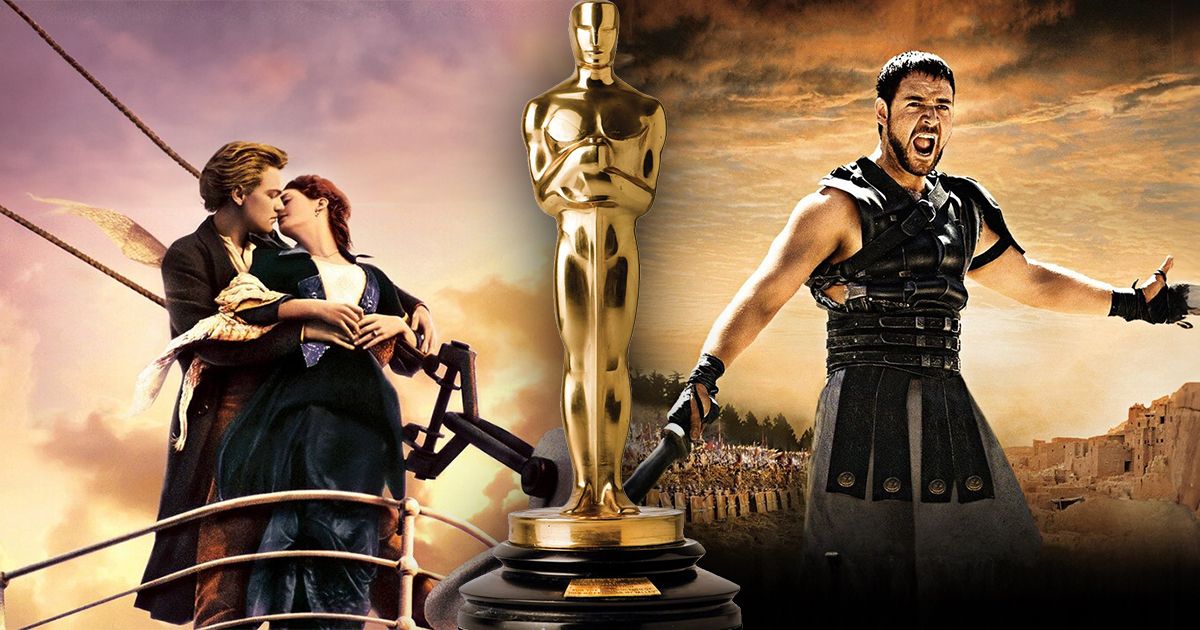
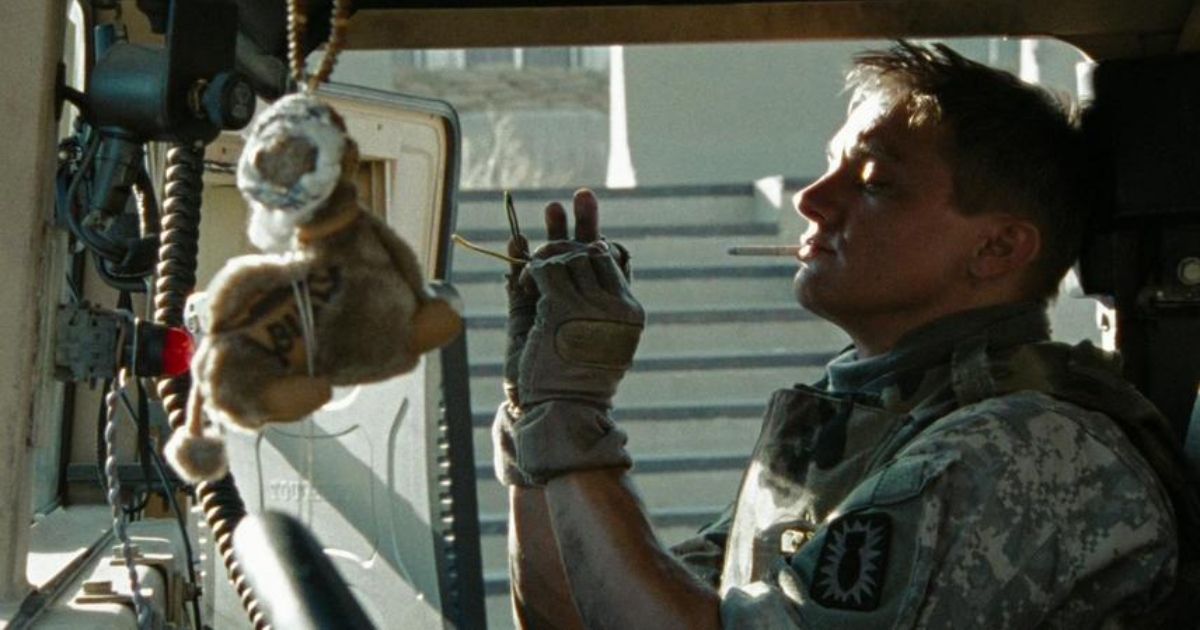
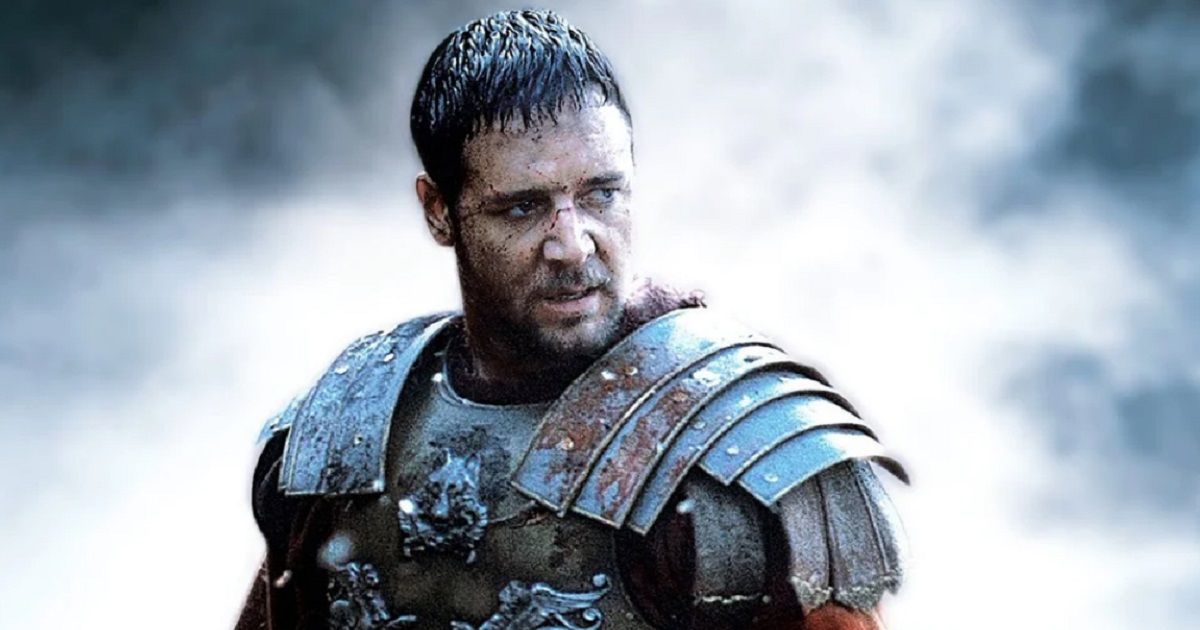
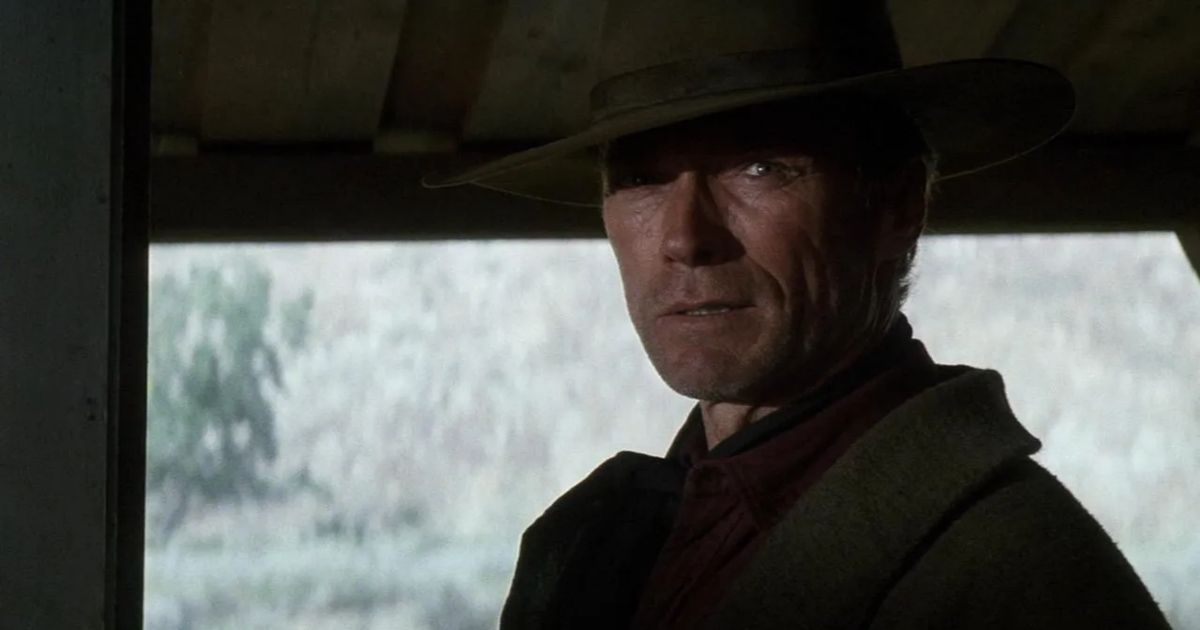
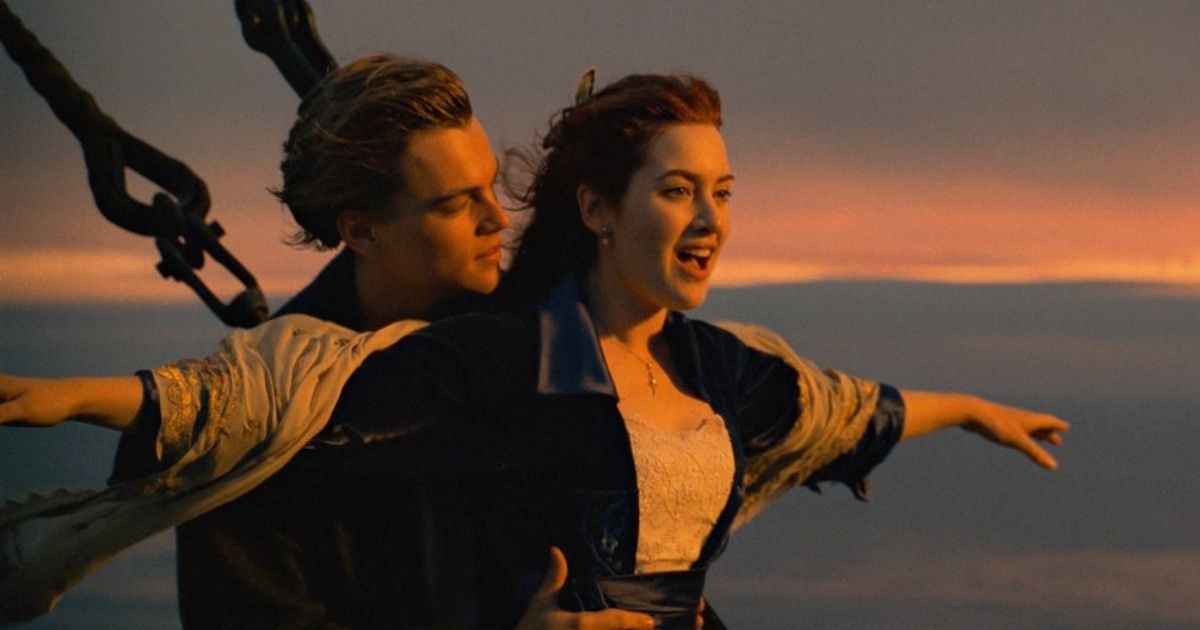
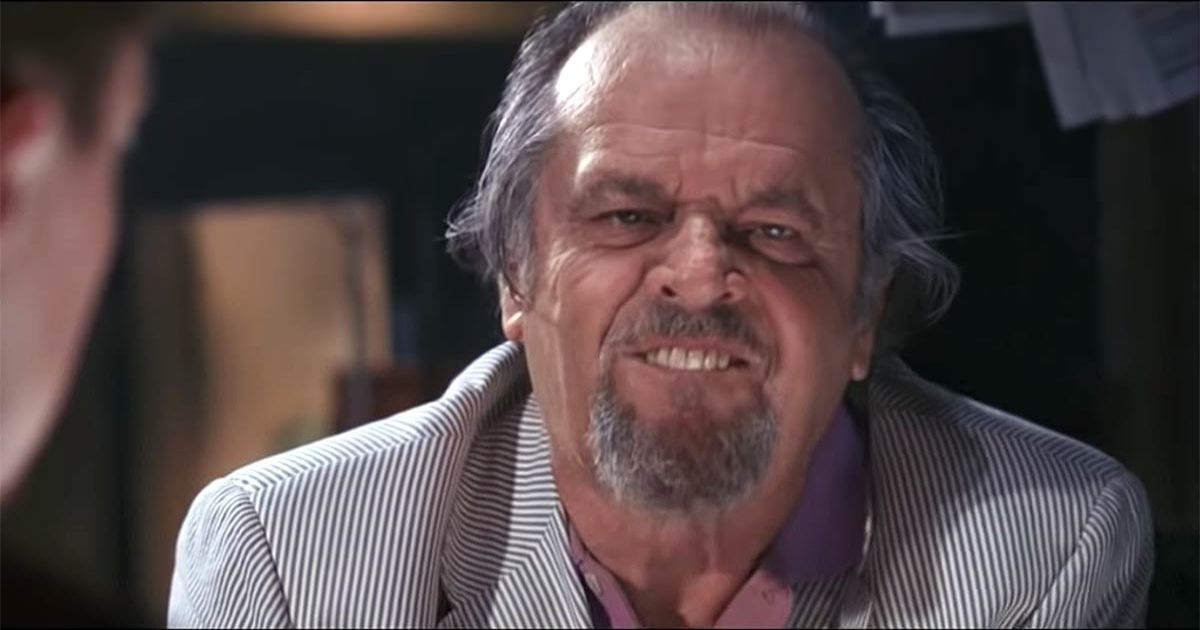
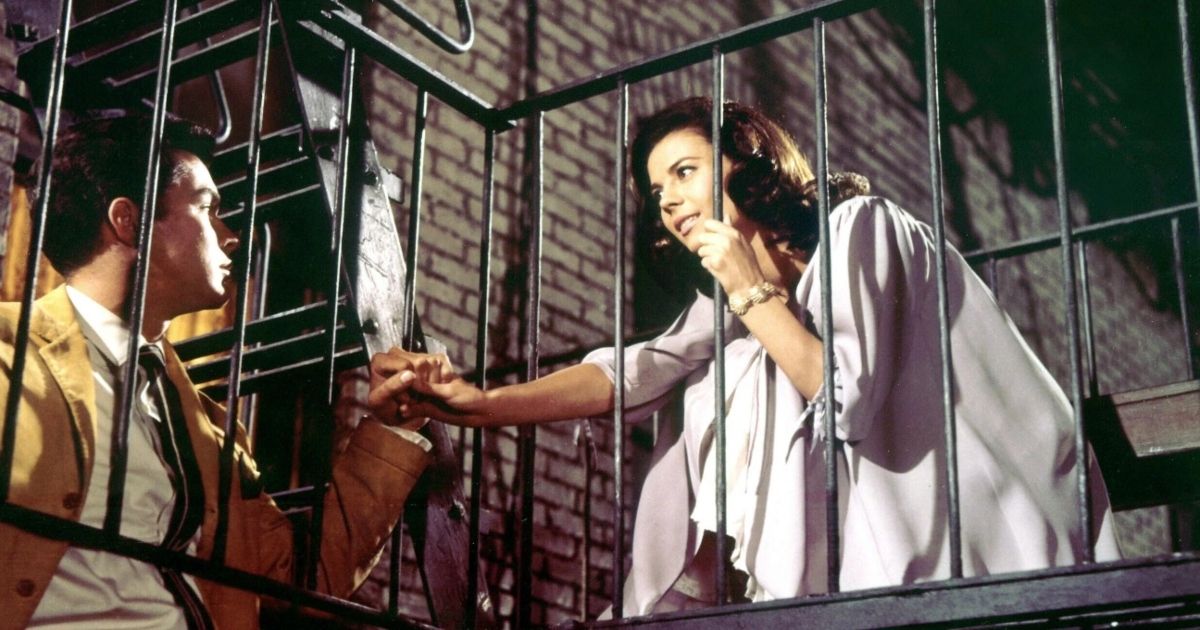

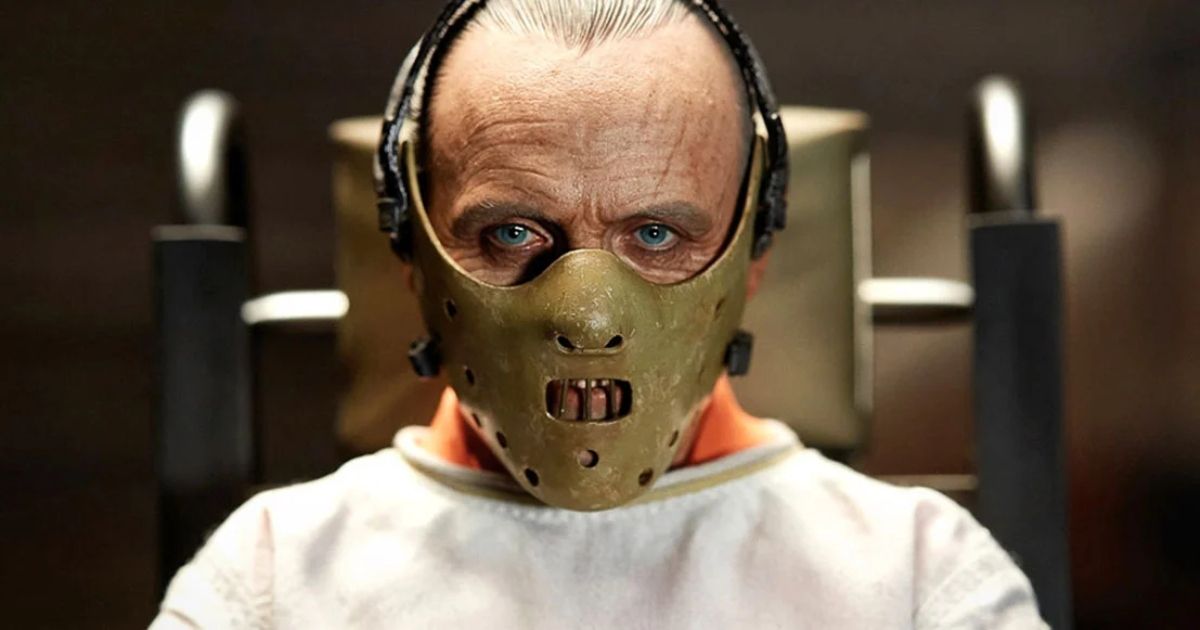
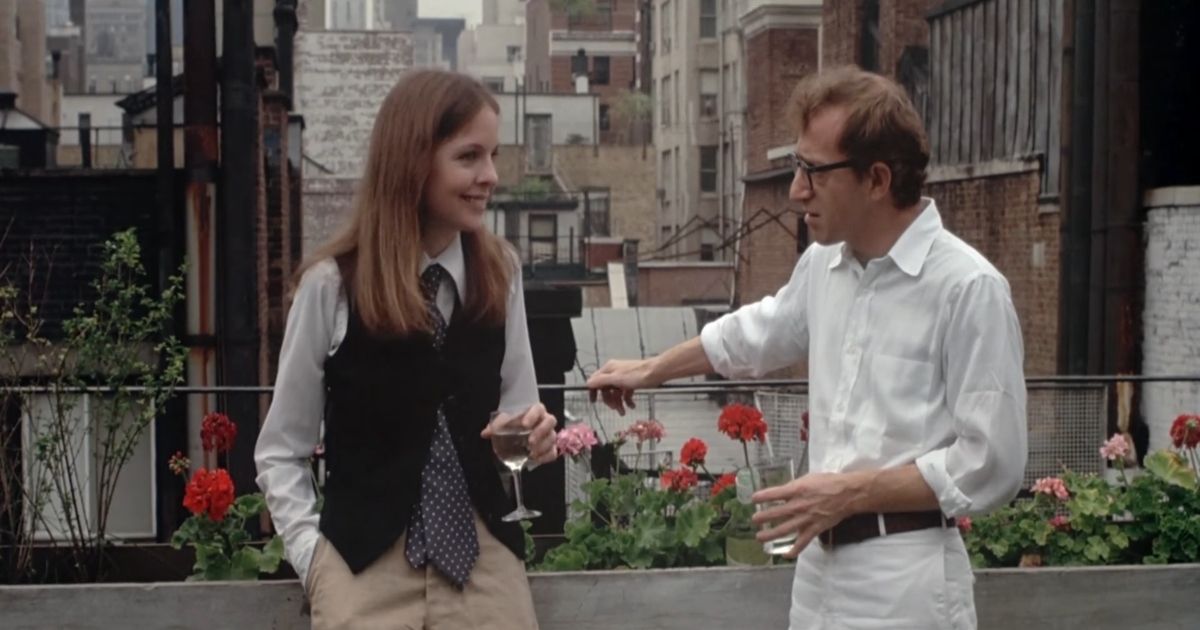
.jpg)
